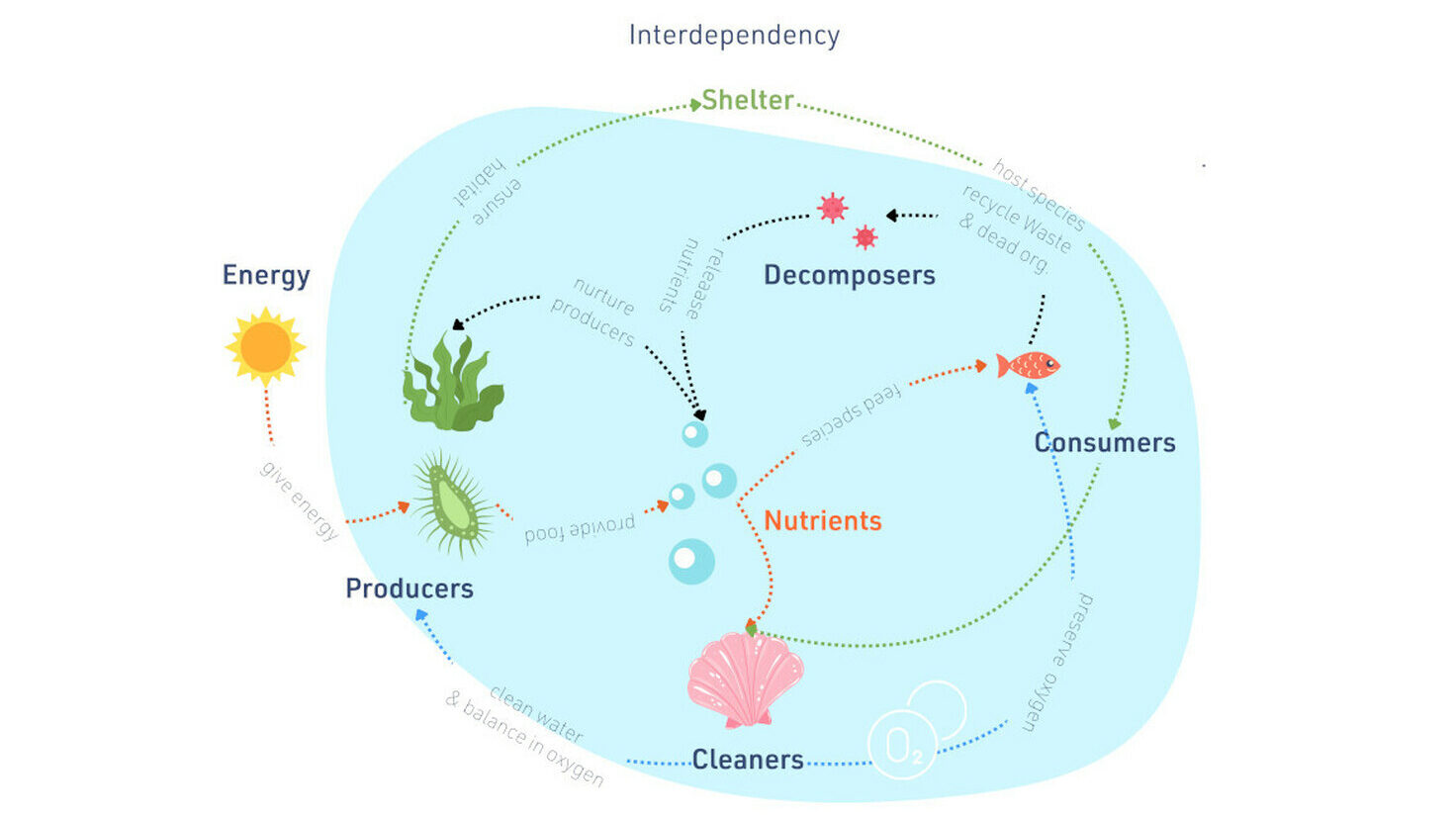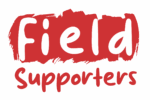5 countries | 12 oranizations | 18 months
Reimagining arts and culture in the civic space
Culture in the Civic Space in the MENA Region is an 18-month learning journey that began in autumn 2024, bringing together twelve arts and culture organizations from Tunisia, Morocco, Jordan, Egypt, and Lebanon. It supports participating organizations to explore how they can contribute to an overall healthier field – through long-term roles of care, connection, and support across the field.
At its heart, this program invites a shift in perspective: from organizational survival to collective field health. From reacting to ongoing crises, to nurturing the deeper conditions for imagination, collaboration, and change to take root.
In a time of shrinking civic spaces and mounting pressures, this journey creates a space to pause, reflect, and ask: How can we further evolve and build field supporting roles within the civic space of arts and culture in the MENA region? And how can we, as practitioners, collectively shape what a healthier civic space for arts and culture might look like?
5 countries | 12 oranizations | 18 months
Reimagining arts and culture in the civic space
Culture in the Civic Space in the MENA Region is an 18-month learning journey that began in autumn 2024, bringing together twelve arts and culture organizations from Tunisia, Morocco, Jordan, Egypt, and Lebanon. It supports participating organizations in exploring how they can contribute to an overall healthier field – through long-term roles of care, connection, and support across the field.
In a time of shrinking civic spaces and mounting pressures, this journey creates a space to pause, reflect, and ask: How can we further evolve and build field supporting roles within the civic space of arts and culture in the MENA region? And how can we, as practitioners, collectively shape what a healthier civic space for arts and culture might look like?
Why this, why now?
Phases in which the survival of an organization takes precedence over its goals and ambitions are likely familiar to many non-profit organizations around the world. Financial instability and political repression are some of the triggers for such dynamics. In some contexts, however, this is not merely a temporary phase but an ongoing reality – one that tends to worsen rather than improve. Financial scarcity, censorship, and restrictive legal frameworks often become the “normal” conditions under which these organizations operate.
In many parts of the MENA region, arts and culture organizations operating in civic space have long navigated this complexity. Years of political repression, financial precarity, and restricted civic space have shaped a reality where the urgent constantly overshadows the long-term. The work of cultural practice continues – but often with little room to reflect, adapt, or dream forward, to make space for what could be.
So, it is long overdue to shift perspective and support a transition towards a more resilient and positive future. Changing perspective away from the current system requires the practice of imagination – something deeply rooted in the field of arts and culture itself, where creating, reinterpreting, and envisioning are part of daily work. In this context, imagination becomes a tool for opening up possibilities that current conditions often seek to close down.
Learning across the program
The program is designed as both a conceptual inquiry and a practical learning space. One insight that has emerged from our conversations is that learning and sense-making are most powerful when they happen across multiple levels. Throughout this journey, we have been working with three interconnected levels of learning: individual, organizational, and field-wide.
How does my organization contribute to the broader field - and what is my individual role in that effort?
How is the field currently shaped in our context, and what forms of support are needed to strengthen its health and move it toward a more desired state?
What alternative forms of collaboration could help facilitate a shift toward greater resilience and connection across the field?
Peer exchange and support tools
Peer-led formats - such as case clinics -create space for field supporters to share challenges, offer perspectives, and support each other’s learning. These exchanges are paired with tools that support reflection and guide conversations.
Documentation as reflection
Documentation is approached as a reflective practice rather than a formal output. We intentionally create moments to slow down, notice, and sense what might be unfolding beneath the surface.
Re-centering purpose
Field supporters are encouraged to place purpose at the center — rather than their organizational role or identity. This shift in thinking supports more intentional contributions to the wider field.
Experimenting with intention
Each organization engages with a field-supporting role or idea, experimenting within its own context to explore what supports the field - and how.
Learning through metaphors
One of the key approaches of the program is to create spaces for imagination – spaces where the field supporters can observe and listen without being overwhelmed by the crises surrounding them. These moments also serve to explore new or evolving roles that help sustain a field of actors working in resistance to dominant structures.
A metaphor that resonated strongly with participants was that of a marine ecosystem, offering a language for interdependence, diversity, fragility, and regeneration. In nature, ecosystems are made up of diverse, interdependent species whose interactions maintain balance, even amid change. Viewed through a human lens, they reflect the intricate ties between actors, roles, cultural practices, values, and resources.
Within this ecosystem, the starfish emerged as a guiding image – symbolizing resilience, decentralization, and the ability to regenerate. This metaphor has helped field supporters see the field they care for more clearly, identify signs of health or imbalance, and imagine new ways of acting together toward a healthier whole. So far, these learning conversations have surfaced several directions that are guiding the learning journey’s ongoing evolution and experimentation.
This visual is drawn from our Ecosystem Exploration Tool, which helps organizations see and sense the field they are part of.

صار مسار
From the beginning, there has been an intention for this program to eventually be handed over to one or more organizations in the region. It is a process co-shaped by people from the region, for the region – with the hope that it can continue beyond its current form. Language has been an important part of this. Throughout the journey, we have often paused to reflect on the terms we use – seeking words that make sense in context and carry meaning in Arabic, not just as a language but as a way of thinking and feeling.
This is also how the Arabic title of the program came to be.
In one of our workshops someone brought up the phrase “صار ما صار” – a common expression in many parts of the region, used when things do not go as planned. It loosely translates to “what happened, happened” – a mix of letting go, acceptance, and sometimes quiet resignation.
But instead of stopping there, we asked: What would it mean to move from resignation toward intention?
That is how we arrived at “صار مسار” – a play on words that shifts the meaning from “what happened, happened” to “what happened became a path.”
The name might continue to evolve – but for now, it feels right: something we chose together. A title that holds both the uncertainty we have come through, and the direction we are choosing to move toward.
